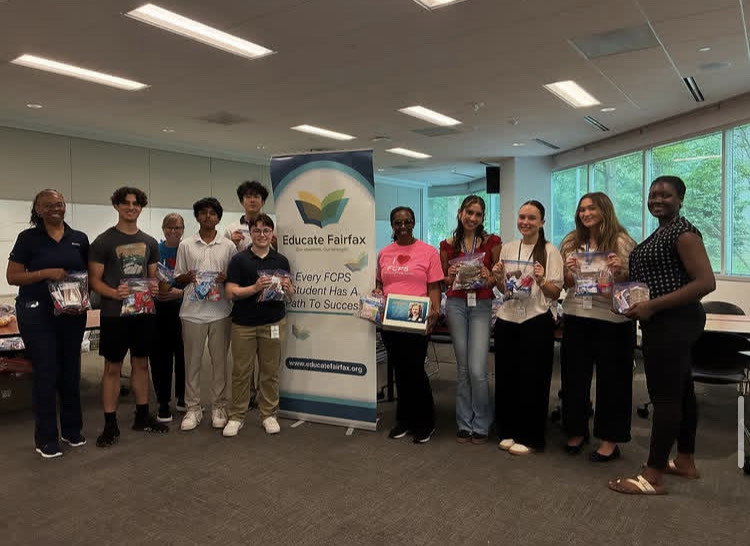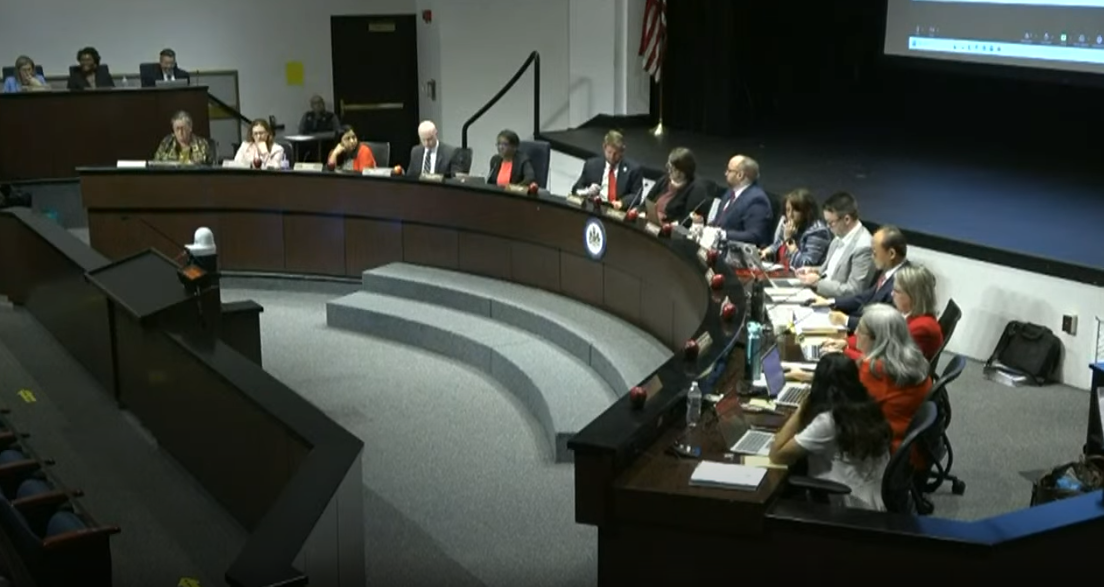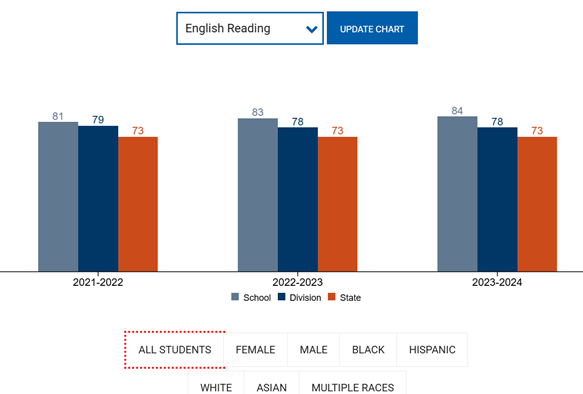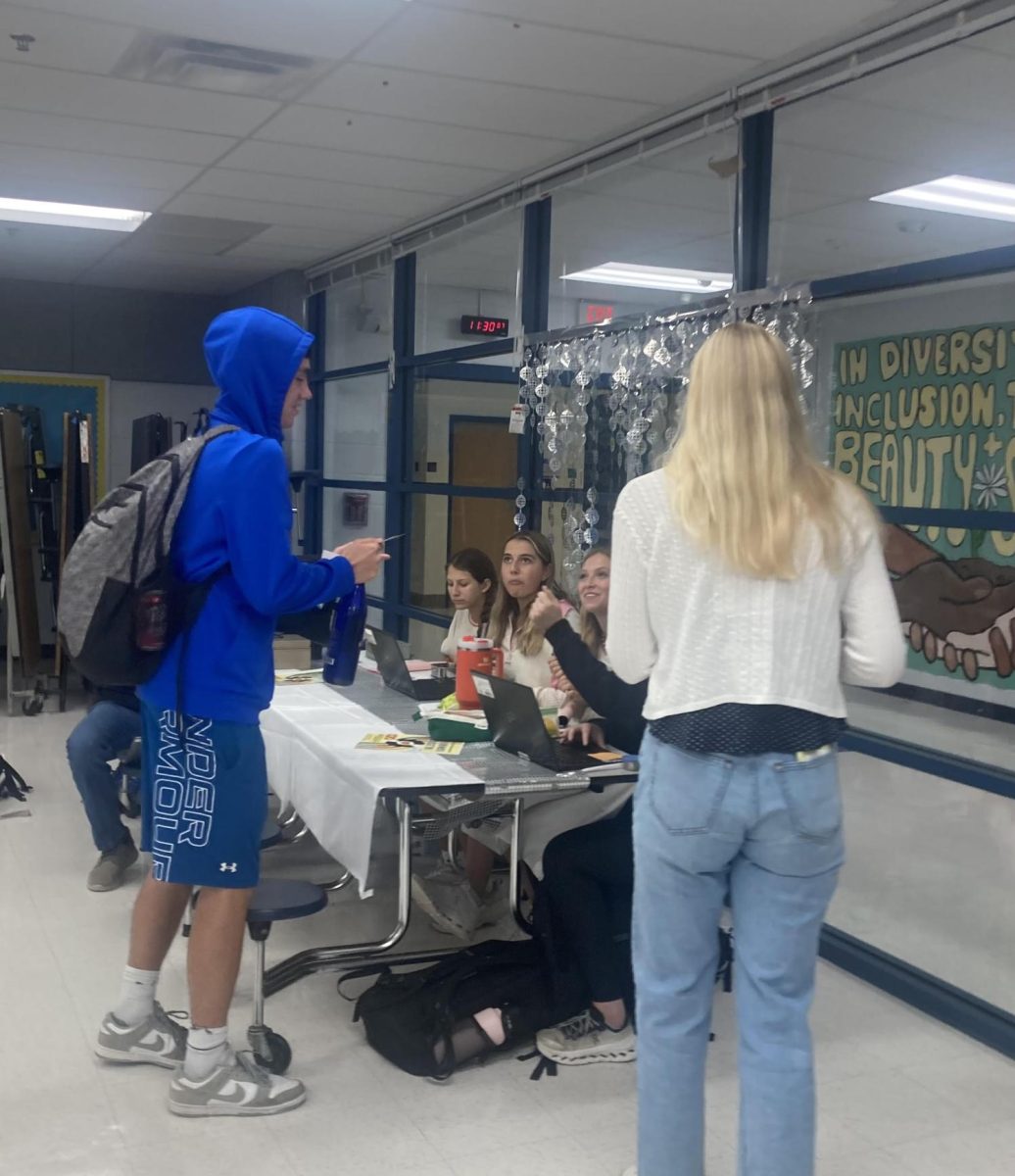Local journalism is a dying profession. Since the start of the 2000s over one-third of the country’s newspapers and two-thirds of its journalists have been lost according to a study from Northwestern University’s Medill School of Journalism.
The majority of these newspapers lost are local papers geared towards smaller communities throughout the country. Of the 3,143 counties in America, 204 counties are without a local paper according to Forbes. These counties are known as “news deserts,” meaning they have no local newspaper and therefore a smaller choice in where they receive their news from.
In a world facing many divides, the importance of truth and knowledge has never been greater. With increasingly extremist politics, citizens who aren’t sure who to trust tend to look to major news sources: Fox News, The New York Times, and CNN. Without widespread access to local newspapers, many citizens seeking the truth become vulnerable to the very thing they fear: disinformation.
Disinformation has been one of the driving causes of many of the country’s current polarizing issues. Abortion, immigration, and climate change are three of the most pressing matters in the 2024 election with all three issues having extremely polarizing viewpoints. Candidates have begun to spread disinformation as it appeals to an audience that tends to be drastically different from the audience of their opponent.
Though disinformation has become more common with the rise of extremism in the digital age it should be known that certain topics, like science, should not be left up to debate. There should be no debating a fact, a fact is irrefutable. Science is not built upon the opinions of others but is instead composed of numerous facts and data, and should therefore be treated as truth, not opinion.
Science and local journalism have very similar methodologies. Local journalism has long been based on the simple practice of talking to countless people and collecting data. Like science, local journalism is based on many facts and innumerable sets of data pieced together. Both practices are based on observations and research.
With a lack of local news sources, major news sources tend to report on topics that they have not necessarily observed, unaware of the area’s culture, local knowledge, and key witnesses. A lack of local news has been shown to affect local voter turnout and a decrease in information surrounding local events and political campaigns. During the election last year, The Wire published two articles surrounding the race for Mount Vernon District School Board, one article on Mateo Dunne and one on Stori Zimmerman. At the time these articles were two of the only articles surrounding the School Board race as the lack of local journalism in the area caused a limited amount of information surrounding the race.
Along with local journalism, it’s equally important to support different forms of scholastic journalism. With a lack of scholastic journalism, a school’s campus can be only partially informed of events within the community. It’s important to display the achievements of students and to share the stories of different students. But school papers face their own unique set of challenges including a lack of interest from the student body. For example, students are unwilling to participate or be featured in their school’s publications. Funding is another prominent issue school papers face along with a lack of advertisement among its school community.
Without local news sources including school publications, citizens have a lack of information about news happening within their communities. The saying “All news is local” shows how any form of news can affect one’s life but it can also be used to show the importance of how news affects one’s community. Therefore I believe it’s equally important to be aware of what’s happening in your community as it is to be informed on what’s happening in the world.
The Wire Staff encourages West Potomac students to stay engaged and informed on the events happening around and within the West Po community. Read your local newspaper and participate in your local journalism cycle by submitting articles to the publications local to you.
On The Wire website, one can submit a letter to the editors by accessing the drop-down menu in the About section. Submitting a letter about the events happening in the West Po community gives a chance for students, clubs, and teachers to have their stories told to other members of the community. Stay informed and help stop the spread of disinformation by supporting your local newspaper and school publications.






















































Erika Christ • Dec 29, 2024 at 11:02 AM
Totally agree. I started a local news site a few years ago as a side gig. I cover as much as I can. I did provide some coverage of school board candidates from the last primary and election. There are still a lot of stories that are going unreported, and that is to the detriment of residents here. I would welcome occasional contributions from local journalism students, so please reach out to me if you’re interested.